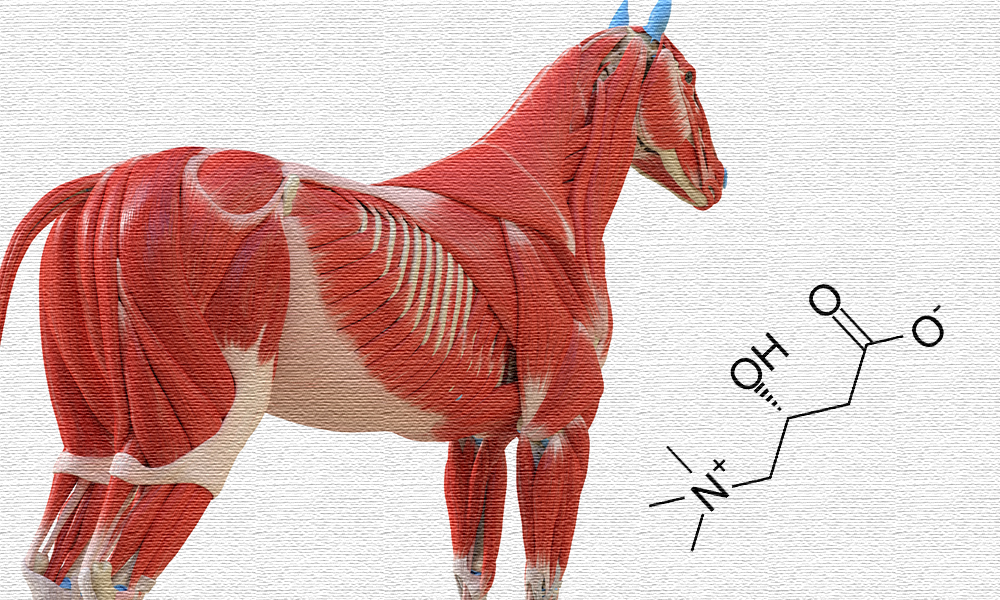Gastric Ulcers are extremely common in both competition and leisure horses. Equine Gastric Ulcer Syndrome (EGUS) is a painful condition that can affect the welfare, behaviour and performance of your horse so it is important to consult your vet if ulcers are suspected.
Ulcer prevention is centred on good management. Nutrition is crucial and you may consider adding a gastric ulcer support supplement. There is a growing body of research to inform your choice; here we discuss some of the most promising nutraceuticals.
Anti-Acid Supplements - Old Thinking
Anti-acids like calcium carbonate or magnesium hydroxide help to neutralise gastric acid. As Equine Gastric Ulcer Syndrome entered general awareness, ant-acids became the go-to supplements. Unfortunately, research has shown very limited potential for helping horses with ulcers in the real world. Most likely this is because any benefit is short lived, around two hours, and by giving anti-acids at meal time we are typically feeding them when they are least beneficial.
Remember too that acid plays an important role in maintaining digestive processes. Rarely is the problem simply too much acid, more that the body is no longer managing normal acid production and gastric enzyme activity effectively.
Equine Gastric Supplements - New Research
Research is highlighting the value of supplements that support the health and resilience of the stomach and intestinal lining. The best gastric supplements contain nutrients that provide anti-inflammatory and anti-oxidant support, as well as those that help to actively coat the stomach. This nutritional approach is especially helpful in supporting the lower, glandular region of the stomach and the intestinal tract.
The following supplemental ingredients have undergone much study and are even supported by small equine trials.
Omega Oils
Omega-3 has long been recognised for its ability to support against inflammation, thereby supporting many aspects of good health including gastric health. Long-chain Omega-3 provided by marine sources is more beneficial than the short-chained Omega-3 found in plants such as linseed.
Rarer Omega oils -5, -7 and -9 also have potential. In particular, the Omega-7 found in Seabuckthorn has been studied extensively in the context of burns and wound healing in various laboratory settings.
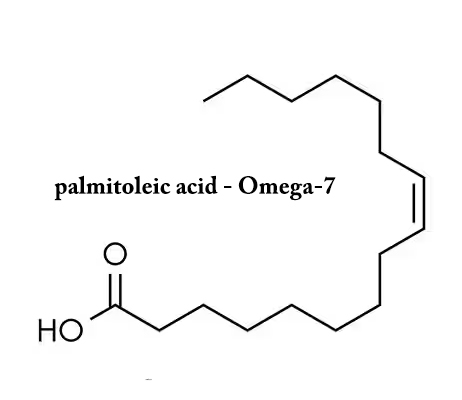
SeaBuckthorn
SeaBuckthorn is a plant that thrives in harsh environments thanks to an arsenal of nutrients that protect it from radiation and other challenges. Nutrients including Omega-3, Omega-7, tocopherols, phytosterols, carotenoids, polyphenols (including flavonoids) and vitamin K, provide anti-inflammatory and anti-oxidant support for the mucosal membranes lining the stomach and intestines. Pectin oligosaccharides contribute by forming a natural defensive coating.
SeaBuckthorn is also an excellent prebiotic favouring the ‘good’ bacteria that are important for intestinal health and digestion.
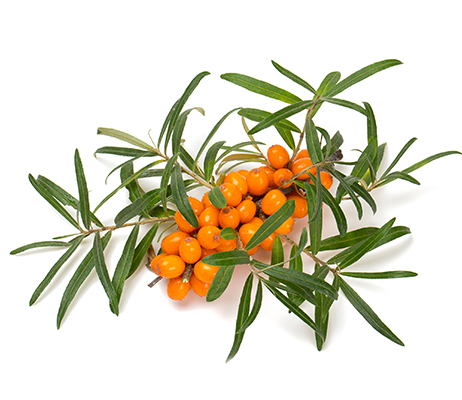
Pectin and Lecithin
Pectin is a soluble fibre and a component of plant cell walls. It is thought to benefit horses prone to gastric ulcers by forming a gel that can help to coat the stomach lining. It is also prebiotic for digestive health.
Pectin is readily available as an isolated compound making it an ideal ingredient for gastric supplements. It also occurs naturally in many plants and whole feeds like sugar beet pulp and apple.
Lecithin is a phospholipid derived from soybeans that is sometimes given with pectin as a compliment.
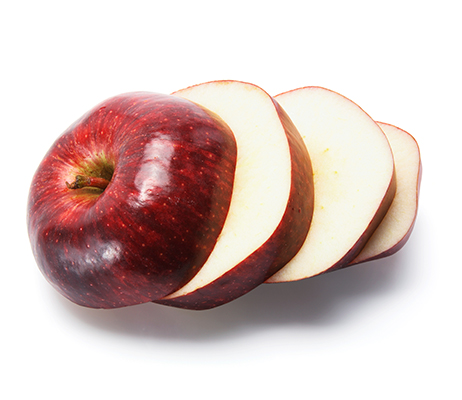
Liquorice Root (Glycyrrhiza Glabra)
Like Seabuckthorn, liquorice contains a spectrum of nutrients that do not commonly occur in the horse’s diet and support many aspects of good health. It is particularly noted for is flavonoid content. Liquorice is thought to soothe the stomach by supporting blood supply and healing, as well as promoting mucus production.
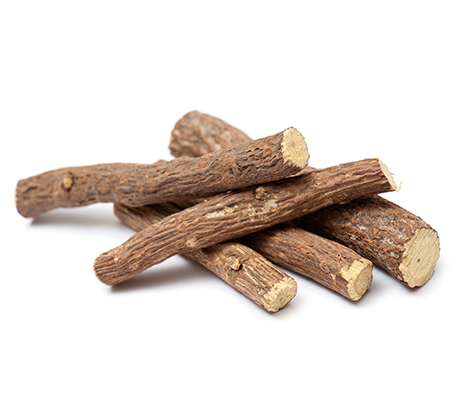
Pre and probiotics
Prebiotics may be isolated compounds like oligosaccharides or whole plant supplements that are naturally prebiotic, like Seabuckthorn. Probiotics for horses refers to yeasts.
Bacteria are found throughout the gastrointestinal tract. Pre- and probiotic supplements encourage ‘good’ bacteria whilst making it more difficult for ‘bad’ bacteria to attach and thrive.
In humans, H. Pylori bacteria are strongly associated with gastric ulcers. The same does not appear to be true in horses but it is possible that other pathogenic links with bacteria exist. It has also been observed that horses with gastric ulcer disease tend to have reduced microbial biodiversity in the hindgut. Consequently, pre- and probiotics are a sensible dietary addition for gastric ulcer-prone horses even if the nature of their role is unclear.
Grape Seed
Grape seed extract is a promising candidate for equine gastric supplements. It has an extremely high anti-oxidant capacity and is noted for its procyanidins, the same compounds credited with the health benefits of red wine (belonging to tannins). Grape seed extracts have shown notable antiulcer activity in laboratory studies.
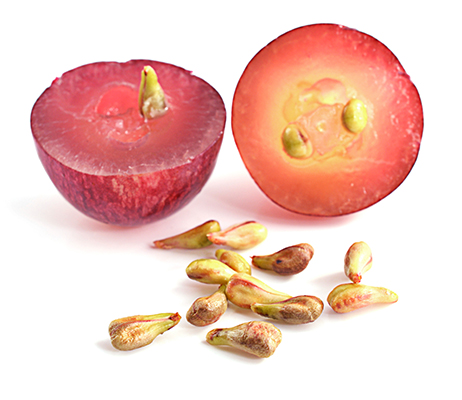
Black Cumin Seed (Nigella Sativa)
Another valuable and well-supported extract not yet studied specifically in horses is black cumin seed extract. Thymoquinone is the chief bioactive constituent, laboratory studies finding it to be highly gastroprotective. It is highly anti-oxidant and anti-inflammatory and has been shown to help mediate gastric acid secretion and increase mucin secretion, an important component of protective mucous.

BSC-Gastro
Advanced Gastric Supplement for Horses
Armed with the most up-to-date research, we set out to make the best gastric supplement for horses.
BSC-Gastro is a proprietary blend of proven natural extracts; SeaBuckthorn puree, leaf and seed, apple pectin, liquorice, grape seed and black cumin seed. The concentrated formula provides effective support for the health and resilience of the entire gastro intestinal tract.
Working with the British SeaBuckthorn company is essential to ensure a fresh, nutrient-rich supplement for horses.
Highly palatable liquid supplement.




